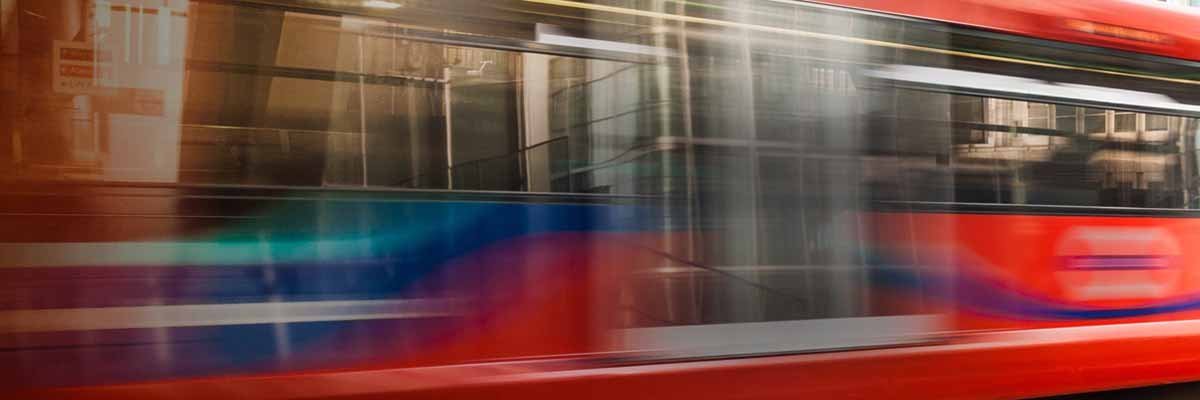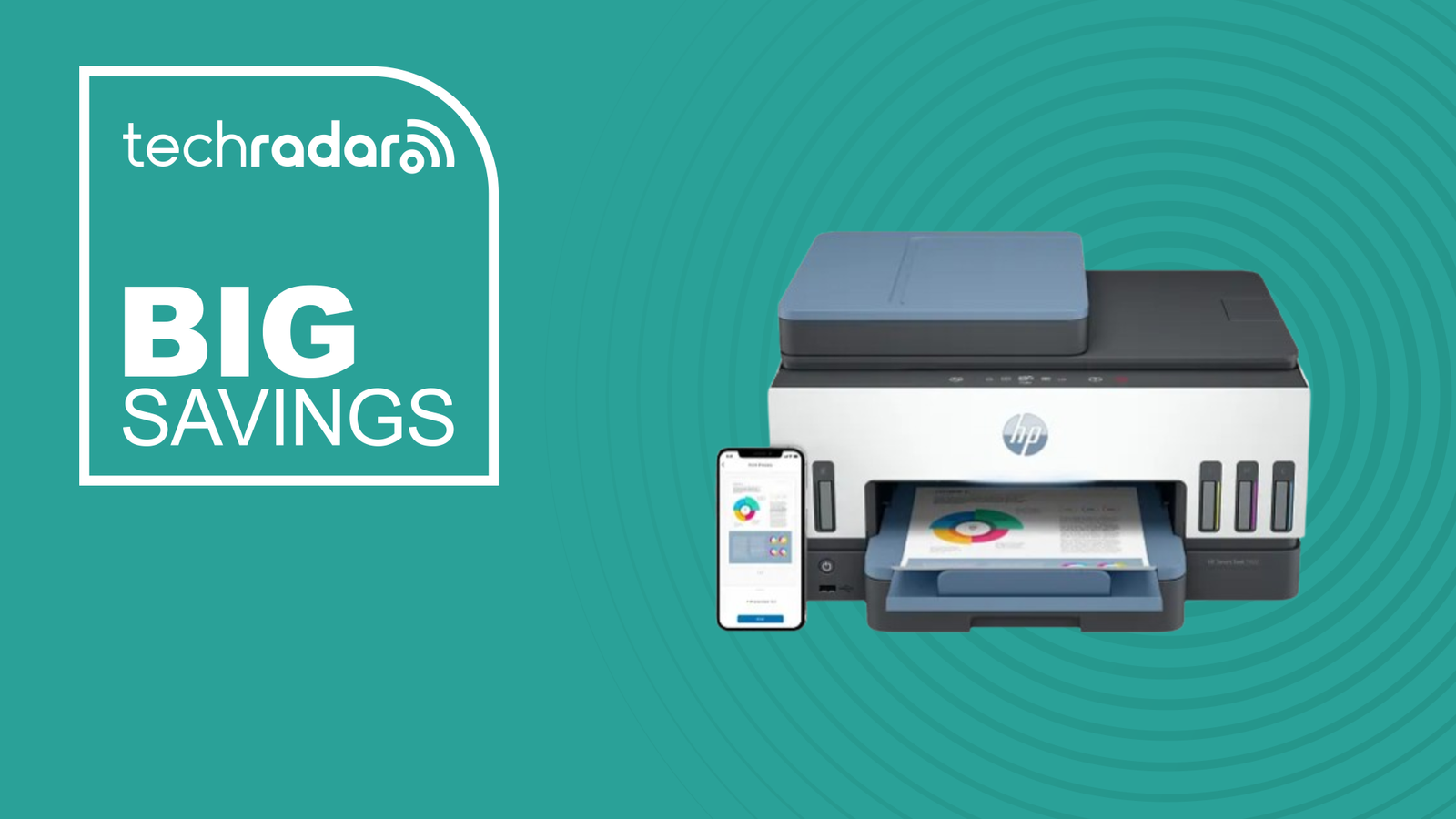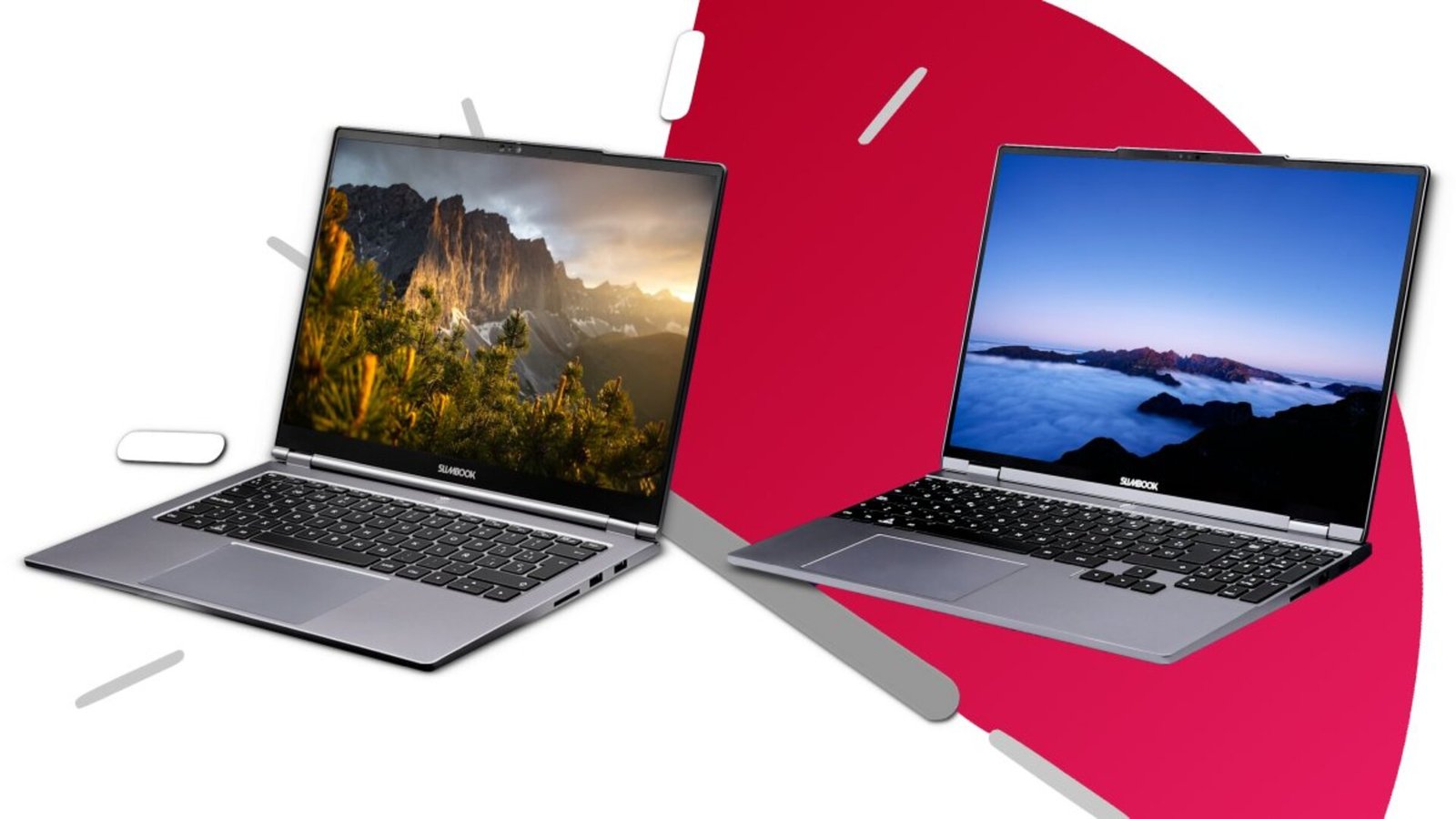Following Nokia’s 5G radio service designed to deliver high-capacity, high-performance and resilient real-time communications to global rail operators, Germany’s national railway company Deutsche Bahn (DB) has deployed a Nokia 1900 MHz (n101) 5G radio network solution with a 5G Standalone (SA) core, said to be the first commercial network installation of its kind.
The technology is now running on live outdoor test tracks and the deployment is described as an industry breakthrough that allows DB to use a commercial 5G solution claims to meet full meets railways’ mission-critical needs supporting the forthcoming Future Railway Mobile Communication System (FRMCS) specifications.
In the coming decade, the FRMCS will act as an upgrade to the current 2G Global System for Mobile Communications – Railway (GSM-R) – designed to support essential voice and data for train control and operations – and become the next-generation global standard designed for all railways. The 5G-based successor, with built-in security and enhanced reliability, is designed to enable enhanced automation, new digital applications, improved passenger services and secure cross-border communication.
Nokia believes the shift to a 5G offering introduces powerful capabilities that align perfectly with the operational needs of modern railways, particularly in border crossing scenarios. Some of the main benefits for rail operators and passengers include automated train operations, passenger information systems, mission-critical voice communication and smart rail maintenance.
The technology is being implemented at DB’s digital railway test field in the Ore Mountains (Erzgebirge, Germany), running on live trains. Key features include built-in failover, self-healing capabilities and real-time monitoring to ensure high availability and efficiency.
The contract extends Deutsche Bahn’s ongoing test trials with Nokia’s 5G SA core and 3700 MHz (n78) radio network, while upgrading to a new solution that includes Nokia’s 1900 MHz (n101) 5G radio network equipment from its AirScale portfolio and optimised 5G SA core. Designed for a smooth migration from GSM-R to FRMCS, it is attributed with delivering the high reliability and low latency needed for modern rails.
The solution will also be used for the European FP2-MORANE-2 project, which evolves from earlier FRMCS initiatives to advance the digitalisation of rail across Europe. The EU-funded FP2-MORANE-2 project is designed to will pave the way for the deployment of FRMCS in Europe, following the path set by its predecessor, MORANE, for GSM-R.
Involving 13 European railways, the project will conduct tests in laboratories operated by Ericsson, Nokia, and Kontron, followed by field trials on lines managed by ADIF, DB, TRAFIKVERKET in collaboration with TELIA, and PRORAIL in collaboration with KPN.
Commenting on the deployment, Rainer Fachinger, head of telecom platforms at DB InfraGO, said: “Deutsche Bahn wants to benefit from modern 5G-based telecommunications to upgrade the railway communication infrastructure. Collaborating with technology experts like Nokia is key for DB to bring the latest innovations into our real-world operations. This deployment on test tracks builds on a successful pre-FRMCS 5G trial conducted with Nokia and aims to standardise our private mobile network as a foundation for further pilots and future roll-out.”
Rolf Werner, head of Europe at Nokia, added: “Nokia and DB have been frontrunners in advancing FRMCS. We are proud to deliver the first-ever commercial 5G solution that utilises the 1900 MHz spectrum band on the rail track.
“This is a milestone that will unlock key benefits for DB, including automated train operations, smart maintenance, and intelligent infrastructure and stations. We believe this launch will serve as an important benchmark for FRMCS upgrades in rail networks around the world in the coming years.”




